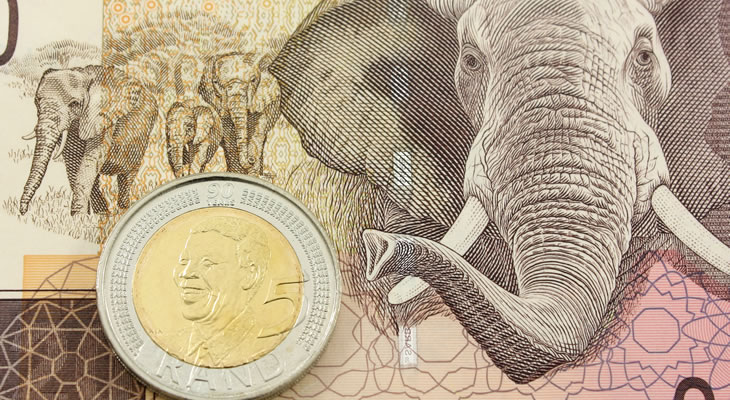- GBP Exchange Rates Rebound on Consolidative Trade – Brexit selloff halts as markets settle
- ZAR Exchange Rates Rally – Risk-on trade and reduced Federal Reserve rate hike bets bolster Rand appeal
- Political Uncertainty Likely to Cause Sterling to Fall Again – Most analysts predict that the Bank of England (BoE) will be forced into easing policy
- Zuma Reign Continues to Unsettle Investors – Rand likely to revert to depreciation once risk-on trade has subsided
On Thursday morning the GBP ZAR exchange rate edged higher by around 0.3% to trend in the region of 19.9200.
There has been a slightly reduced demand for high-yielding assets as crude oil and gold prices resume depreciation. However, the GBP ZAR exchange rate is still holding a comparatively weak position.
(Previously updated June 29, 2016 @ 15:45:18)
GBP ZAR Exchange Rate Holds Losses despite Apparent End to Brexit Selloff
Against the vast majority of its most traded peers the Pound has recovered some of the losses caused by the shock of the UK’s vote to Brexit.
This is mostly thanks to consolidative trade, but the Pound is also tracking the global stocks recovery and rising commodity prices.
However, most analysts predict that Sterling will revert to depreciation given the uncertainty regarding Britain’s political and economic future.
One of the major issues is that recently resigned Prime Minister David Cameron has refused to trigger Article 50 of the Lisbon Treaty, stating that it should be a job for his successor.
Many EU officials are calling for the process to begin immediately amid concerns that the delay will weigh on the single currency.
A number of traders predict that the Bank of England (BoE) will be forced into easing policy. Additionally, markets expect no BoE rate rise for at least five years.
Joachim Fels of Pimco warned; ‘Investors will have to factor in a higher chance of a stagflationary outcome over the next three to five years: even lower growth or near-stagnation coupled with a significant rise in inflation.’
The GBP ZAR exchange rate is currently trending in the region of 20.0340.
GBP ZAR Exchange Rate Struggles as Precious Metal Prices Rise
The South African Rand advanced considerably in the early stages of Wednesday’s European session, but has since cooled from intraday highs.
ZAR exchange rates are still holding moderate gains versus most majors, however, thanks to a combination of improved market sentiment, reduced odds of a near-term Federal Reserve rate hike and rising precious metal prices.
‘The bull is in control,’ said Ole Hansen of Saxo Bank. ‘Gold has been in all the news as the place to be and investors have responded, particularly with the market now pricing out a US rate hike until 2018.’
One significant issue limiting the appeal of the Rand is ongoing concern that President Jacob Zuma is not fit to rule.
It has emerged that the major players in South Africa’s media have been banned from printing anything negative about Zuma.
Journalist Bertrand Borg stated; ‘As journalists have hounded Zuma, the government has sought to bring South Africa’s traditionally free press increasingly to heel. SABC, the national broadcaster that is aired in every South African’s home, has grown particularly restrictive over the past years, capturing headlines for all the wrong reasons.’
The GBP ZAR exchange rate dropped to a low of 19.9740 during Wednesday’s European session.
GBP ZAR Exchange Rate Forecast: Will South African Data be Impactful?
With market sentiment driving currency movement, and with trader focus dominated by Brexit, domestic data has not been very impactful across the board. However, now that the initial shock has subsided, there is a high chance that data will be more impactful.
With that said, British data is unlikely to have any significant influence over Sterling given that the publications refer to a pre-Brexit Britain.
In terms of South African data, Trade Balance, Producer Prices Index, Private Sector Credit and M3 Money supply will all be of interest to those invested in the Rand.
The GBP ZAR exchange rate reached a high of 20.2440 during Wednesday’s European session.


Comments are closed.